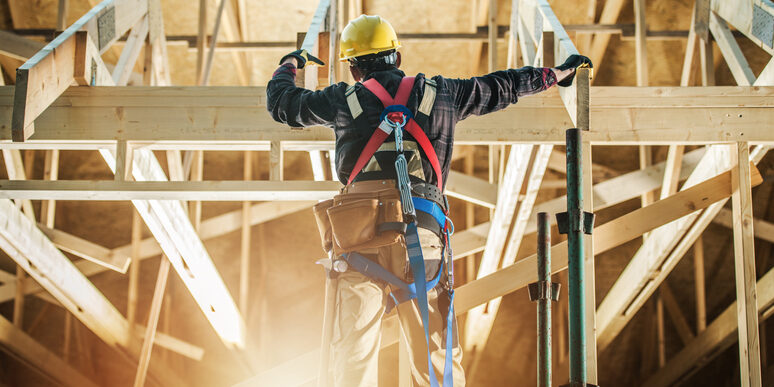Navigating Texas Tax Laws: Real Property Repair and Remodeling Taxation
Welcome to an exploration of real property repair, remodeling, and construction taxation in the state of Texas. Navigating the tax regulations for property renovation is complex and demands careful attention from businesses, contractors, and homeowners. A clear understanding of these tax laws is crucial to ensure compliance, minimize risk, and make informed decisions.
Residential and Non-Residential Properties
In Texas, residential properties encompass single-family homes, apartments, condominiums, townhouses, nursing homes, and retirement communities, serving as dwellings for individuals or families. Non-residential properties include office buildings, retail shops, warehouses, industrial facilities, hotels, short-term rental properties, hospitals, and healthcare facilities, which are utilized for commercial, industrial, or public purposes.
Taxability Differences in Texas Tax Laws
There are taxability differences for repair and remodeling services based on the classification of properties as either residential or non-residential. Additionally, new construction is treated identically to residential repairs. Labor expended on repairing or remodeling residential real estate is non-taxable.
Tax Treatment for Residential Repair/New Construction
This means that when there is a lump-sum contract for residential repair/new construction, the charges are nontaxable, and the contractor must pay sales tax on his materials purchases at the front end. When the contract for residential repairs/new construction has separate charges for materials and labor, the labor is nontaxable, the materials are taxable, and the contractor may purchase the materials tax-free claiming the resale exemption.
Taxation of Non-Residential Properties
Both labor and materials charges are taxable when repair or remodeling services are performed on non-residential properties. This is the case irrespective of the billing/contract type – lump-sum or separated agreements. Taxable repairs on non-residential properties encompass significant upgrades, rebuilding, and replacing worn components of the real property improvement.
Maintenance-Related Activities with Texas Tax Laws
Repairs are distinguished from maintenance-related activities. Preventive maintenance services – usually formalized under a written agreement – are nontaxable. They include activities that are scheduled and periodic, designed to prevent the decline or deterioration of the real property improvement. Understanding these distinctions is vital for contractors and property service providers to remain tax compliant.
Get In Touch
If you have any questions about these or other sales tax issues, do not hesitate to reach out to the Clarus Partners team.

